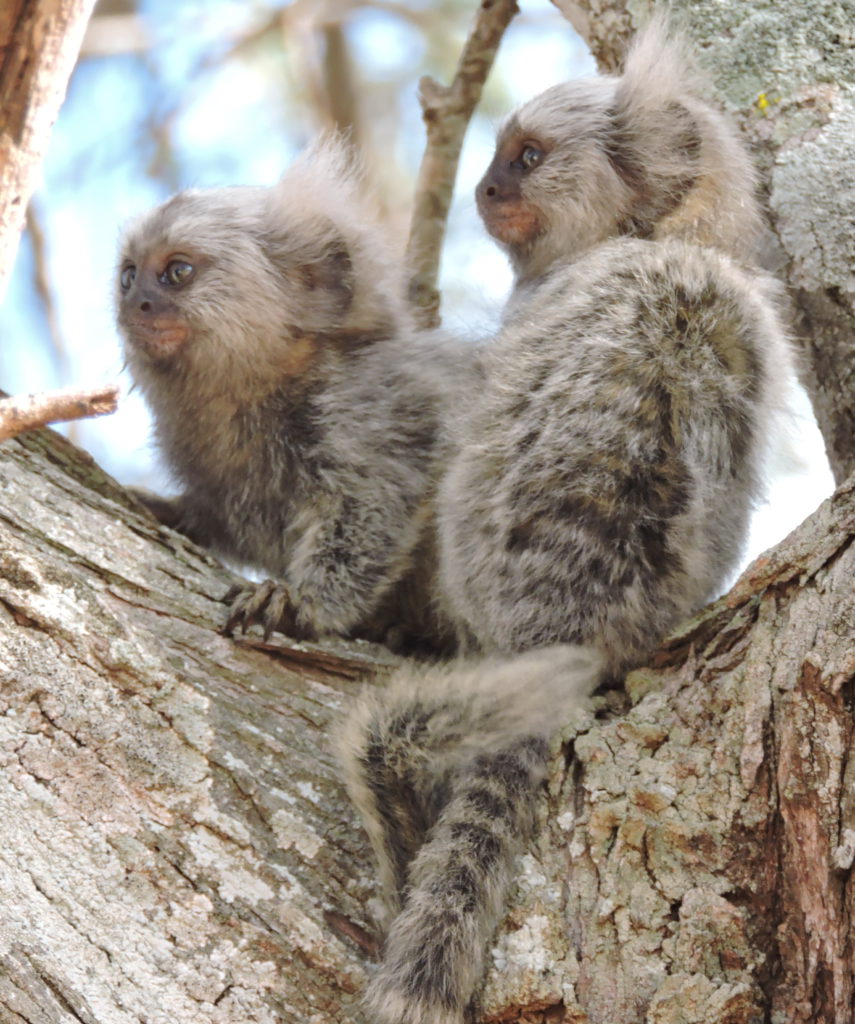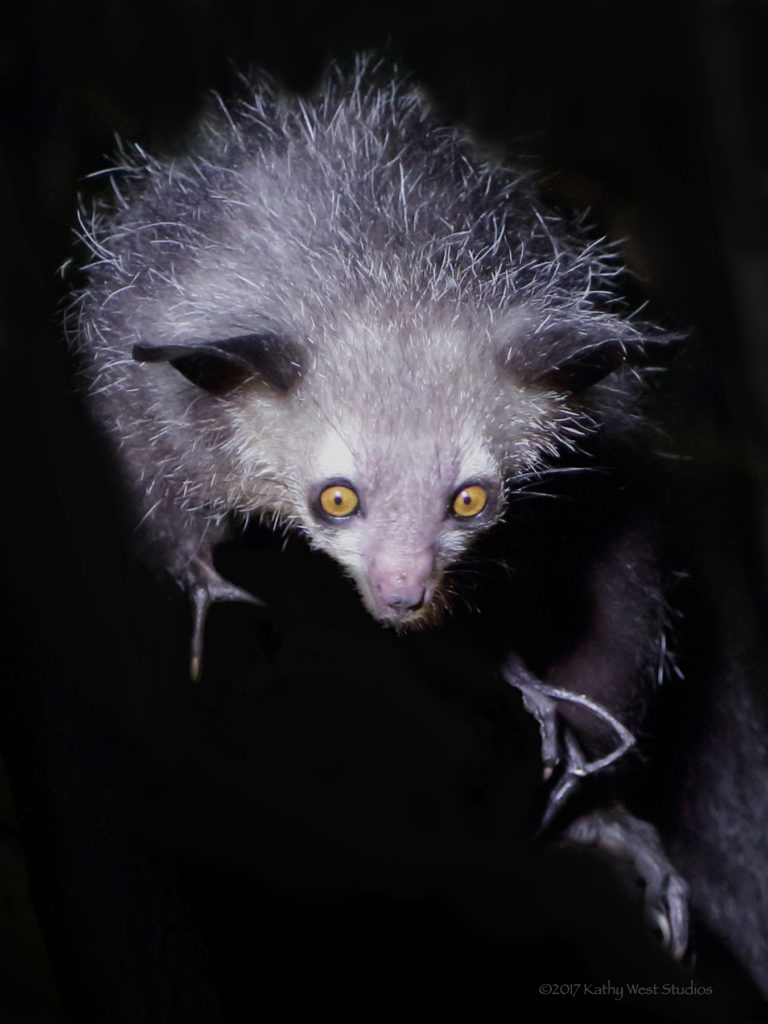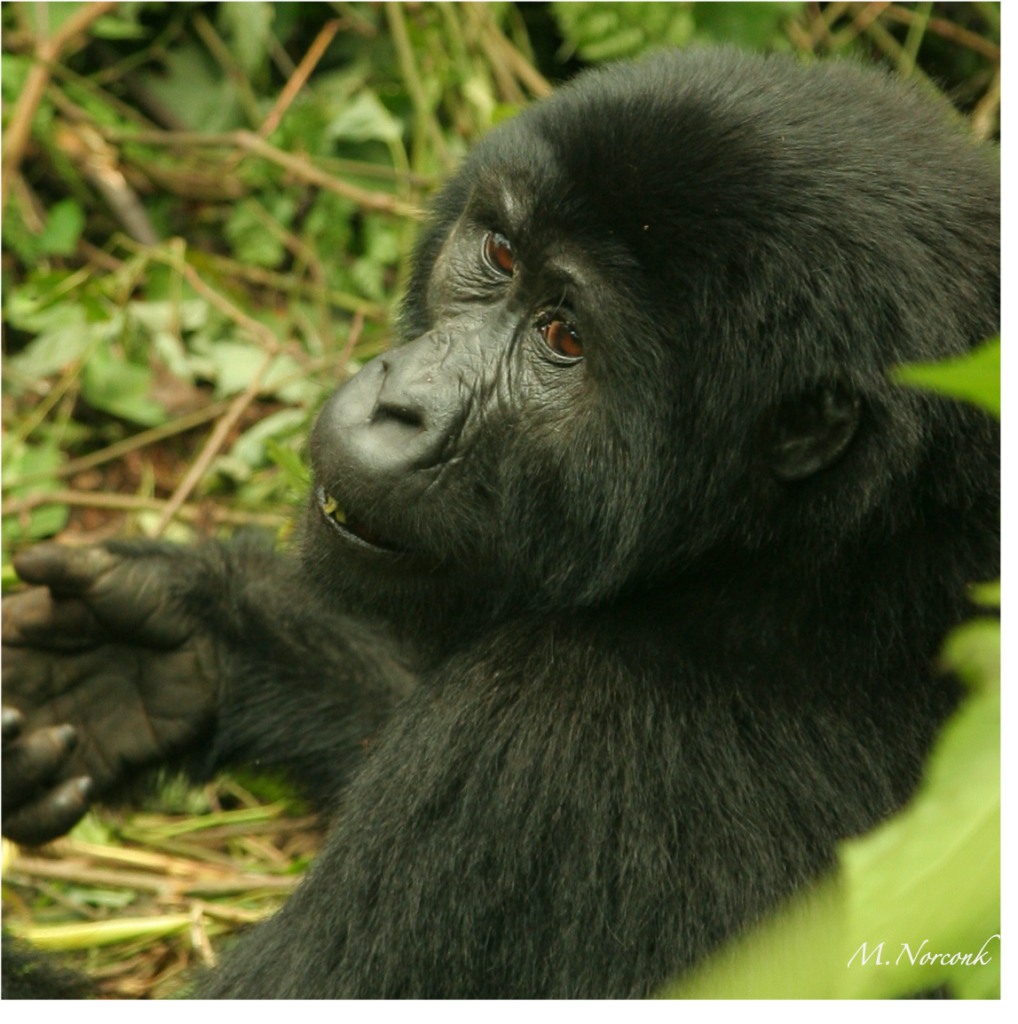
ASP Conservation Action Network (ASP-CAN)
 Marmosets (Callithrix jacchus) by P. Garber
Marmosets (Callithrix jacchus) by P. Garber Aye-aye (Daubentonia madagascariensis) Madagascar. IUCN: Endangered, by K. West
Aye-aye (Daubentonia madagascariensis) Madagascar. IUCN: Endangered, by K. West Female gorilla, Bwindi, Uganda (Gorilla beringei) by M. Norconk
Female gorilla, Bwindi, Uganda (Gorilla beringei) by M. Norconk
The Time to Act is Now!
A shared goal among primatologists who work with captive and/or wild primates is to protect the world’s primate species and populations. We are the experts and, as one of the world’s leading primatological societies, there are many positive steps that we, the membership of the American Society of Primatologists, can take individually and collectively to promote primate conservation and environmental justice. To this end the American Society of Primatologists approved the creation of the Conservation Action Network (CAN), a new subcommittee of the Conservation Committee. A major goal of CAN is to educate the ASP membership in ways of advocating for primate conservation in their classroom, university, research institution, local community, on social media, and with the local and national press, and political leaders.